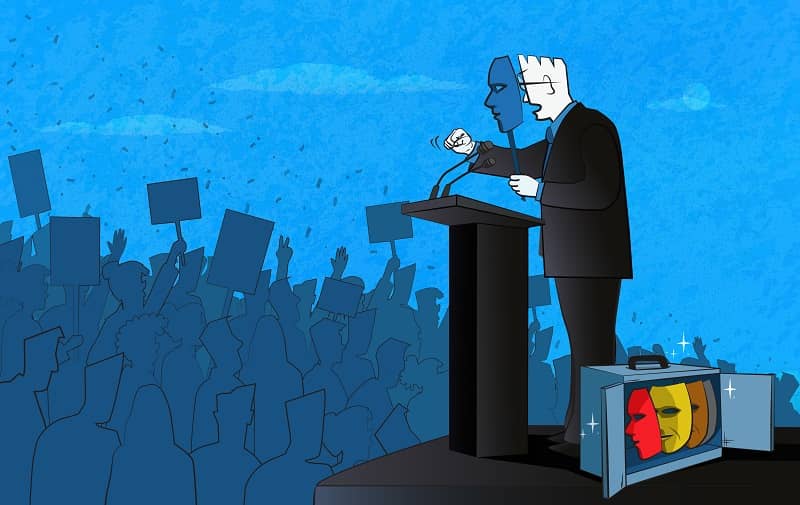By Everet Rummel
This issue affects almost all city-dwellers, and cities around the world are taking action. Some view it as their own livelihoods being at stake. It has even sparked mass protests in Europe. The issue? Whether or not cities should allow Uber, and other GPS-based ridesharing services, to operate within their jurisdictions.
Ridesharing apps like Uber and Lyft connect commuters with certified drivers willing to offer rides for a fare. The idea sounds innocent enough, but Portland and other cities strictly limit the number of taxis and for-profit drivers who are allowed to operate, how small each cab company can be, and how much or little they can charge.
Across the U.S., governments have rushed to regulate ridesharing and sometimes ban it altogether. California has warned ridesharing companies to stay clear of the airports. Virginia and Austin, Texas have banned them completely.
The European protesters claim it isn’t fair that ridesharing services can operate unregulated, while taxis are heavily regulated; the playing field isn’t level. And they’re right. But rather than cooking up expensive regulations and restricting taxis and ride-sharers in cities, which hurts customers, let’s make taxi and ridesharing drivers free to operate and earn a living. Let’s deregulate so more drivers are on the road and more customers are getting rides. As Portland and other cities consider allowing Uber to operate legally, we should keep these points in mind.
Everet Rummel is a research associate at Cascade Policy Institute, Oregon’s free market public policy research organization.











